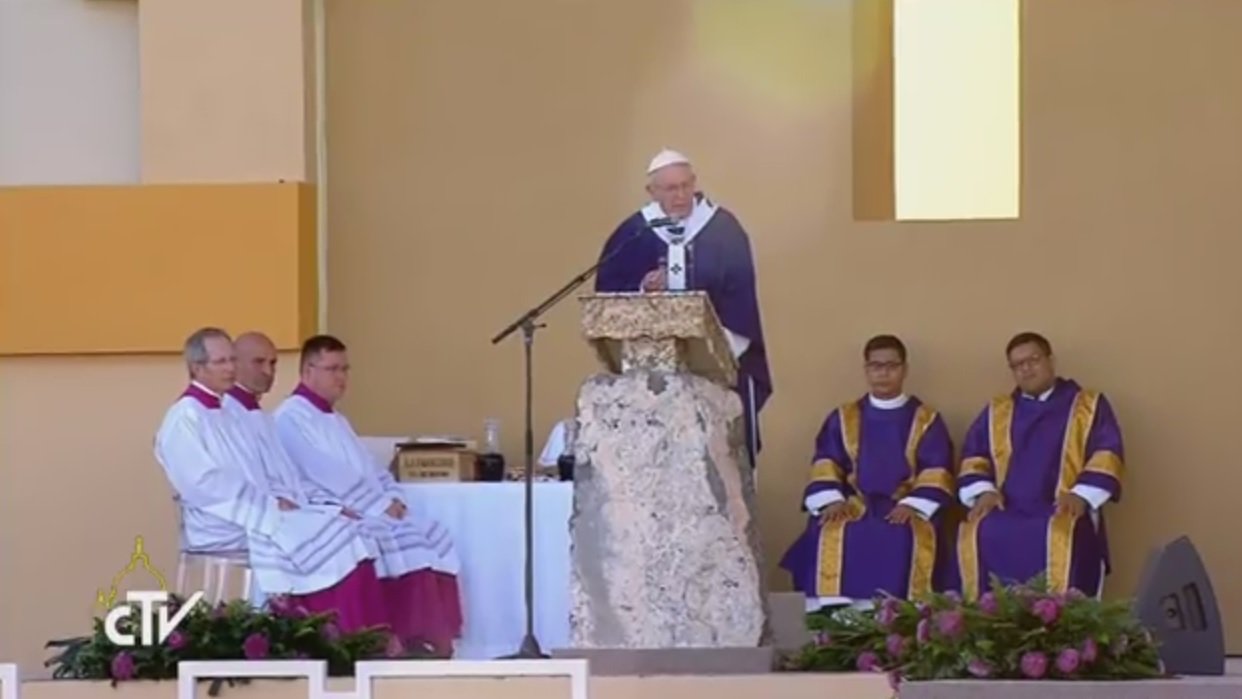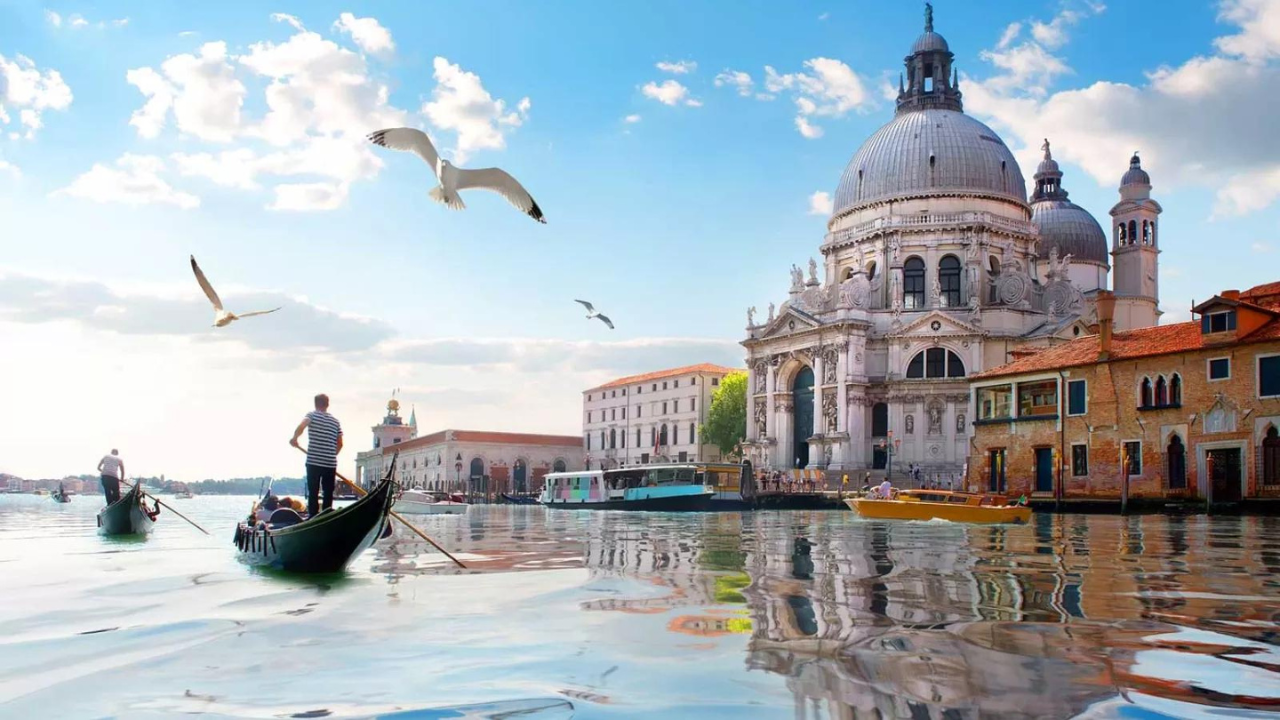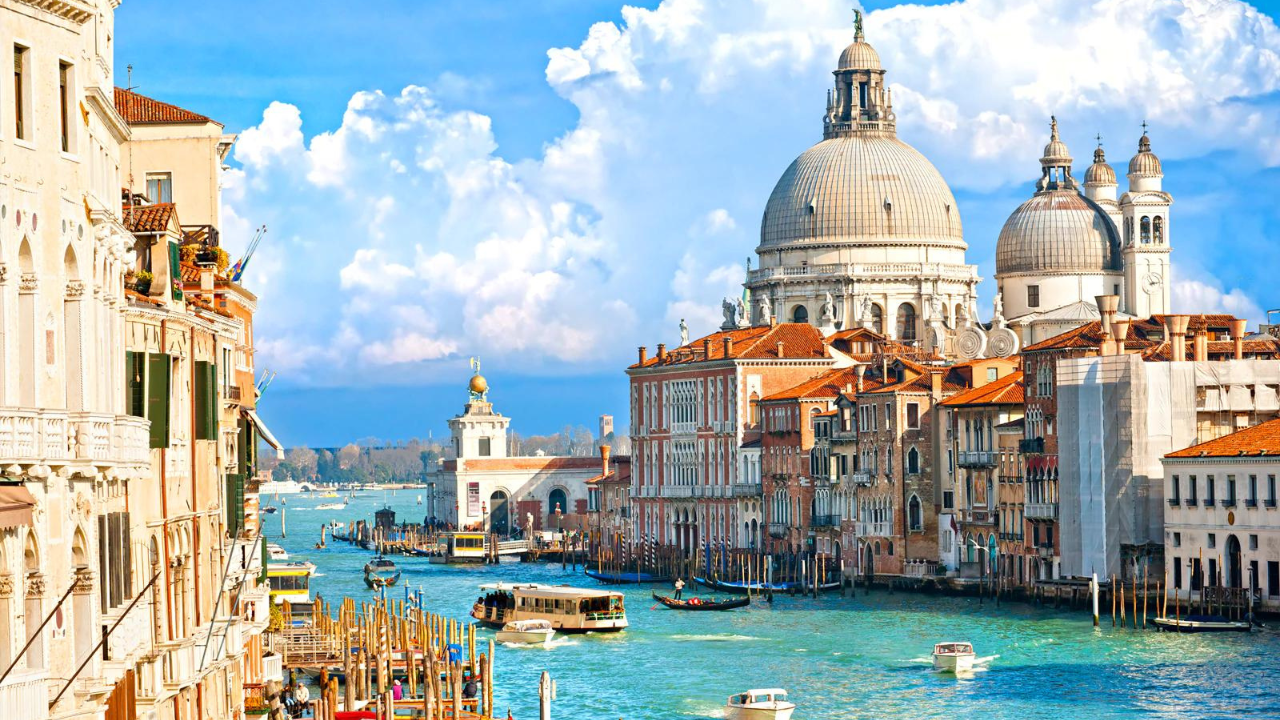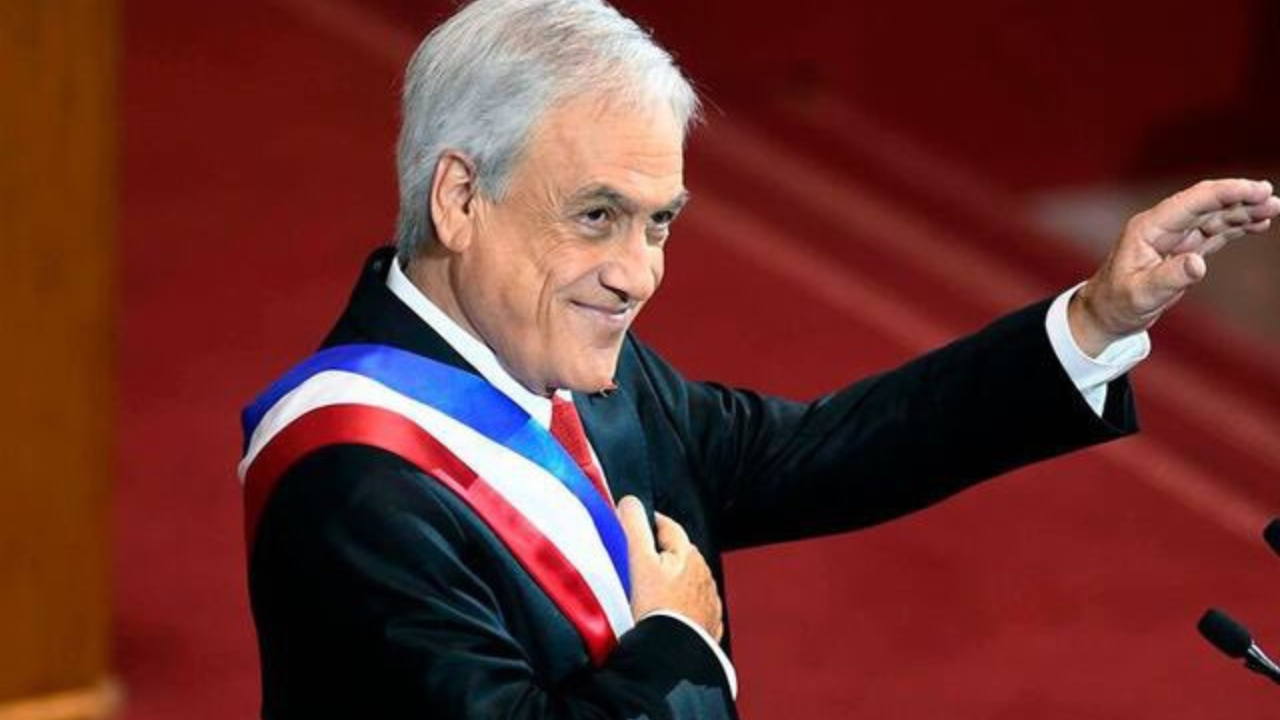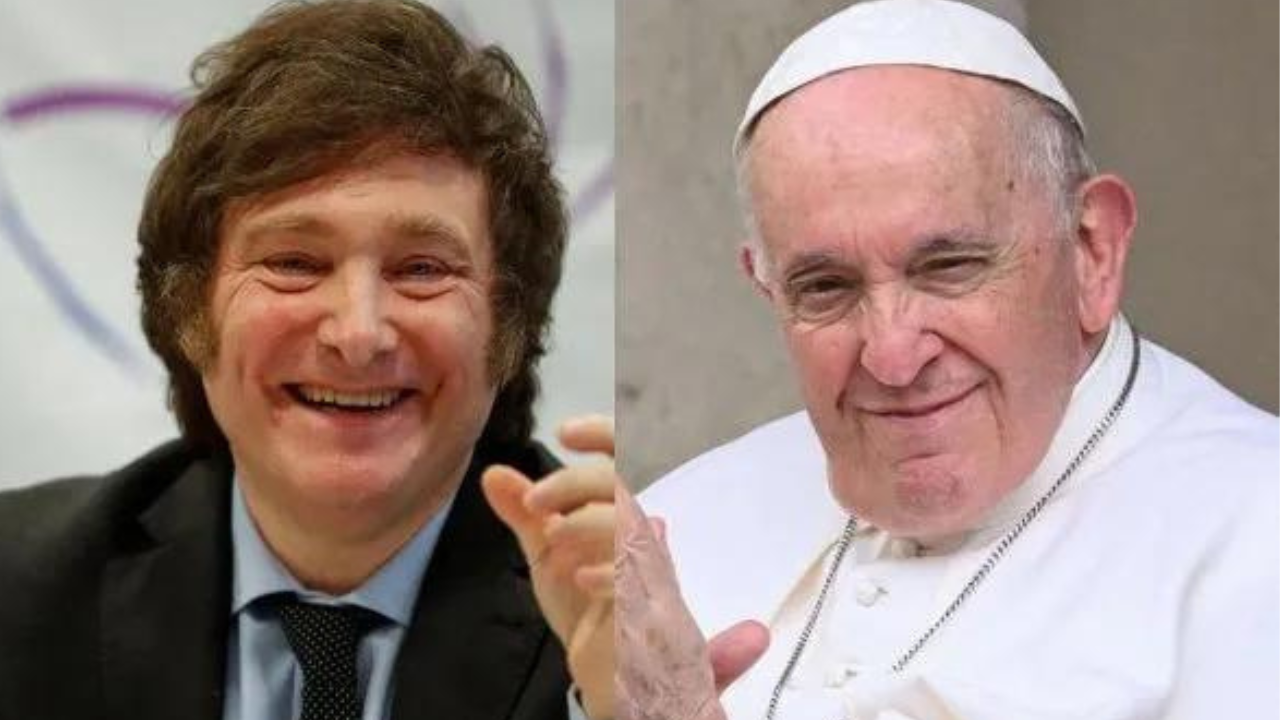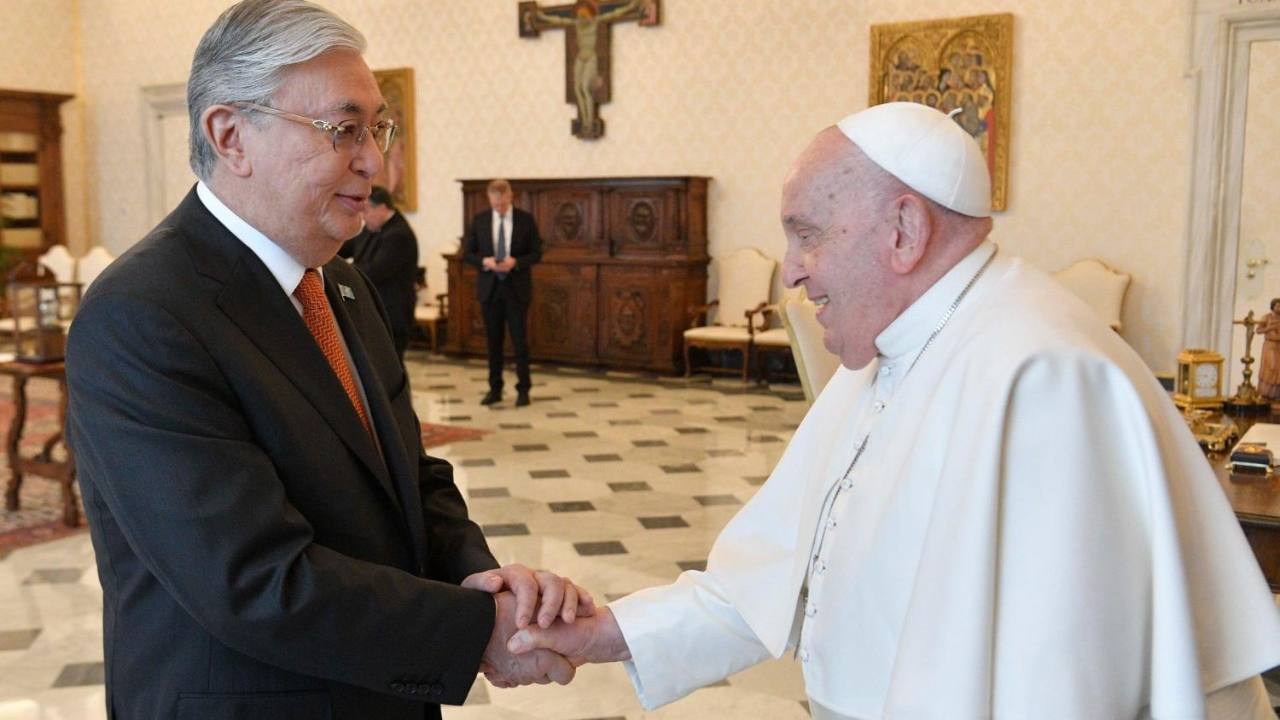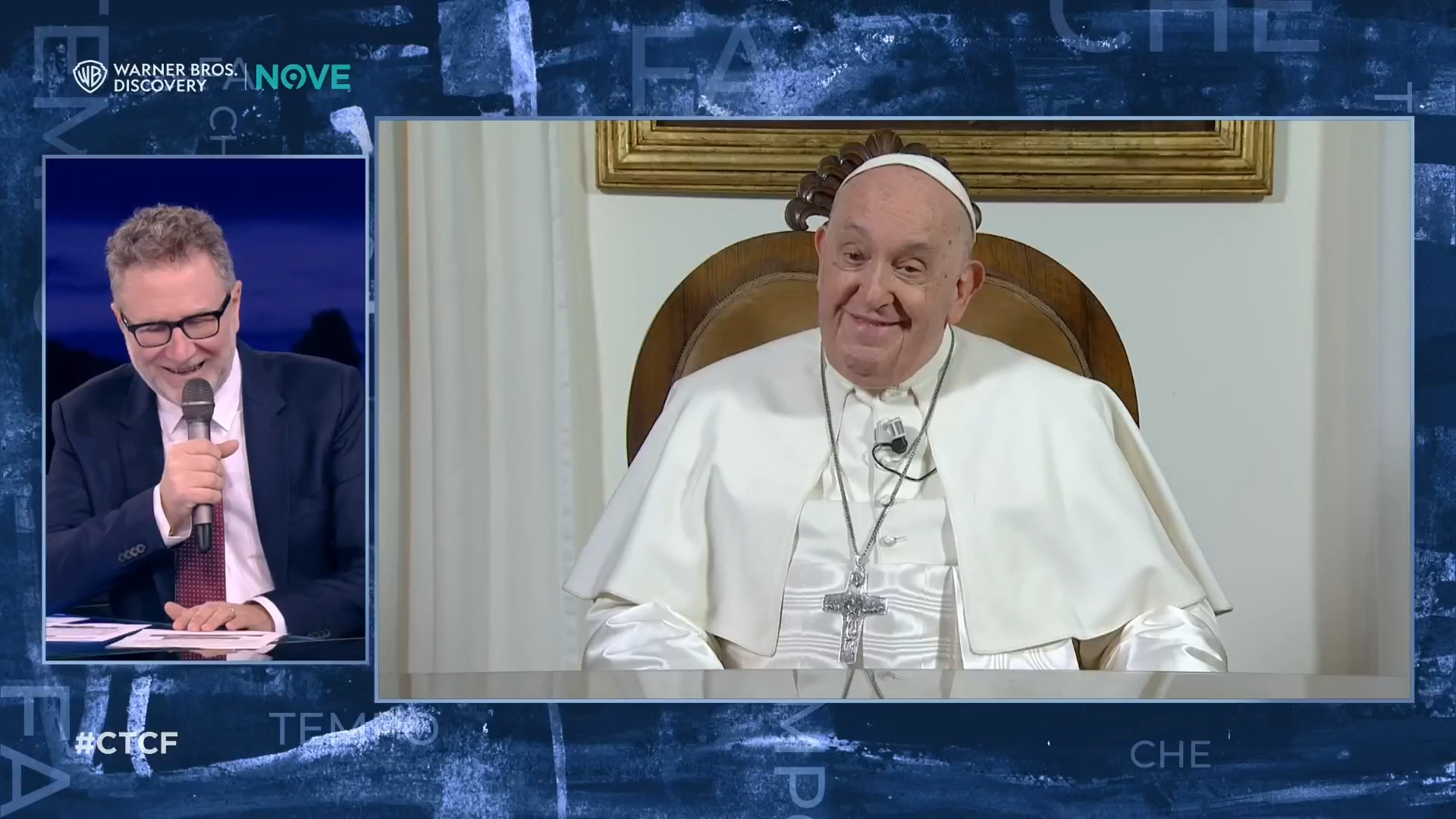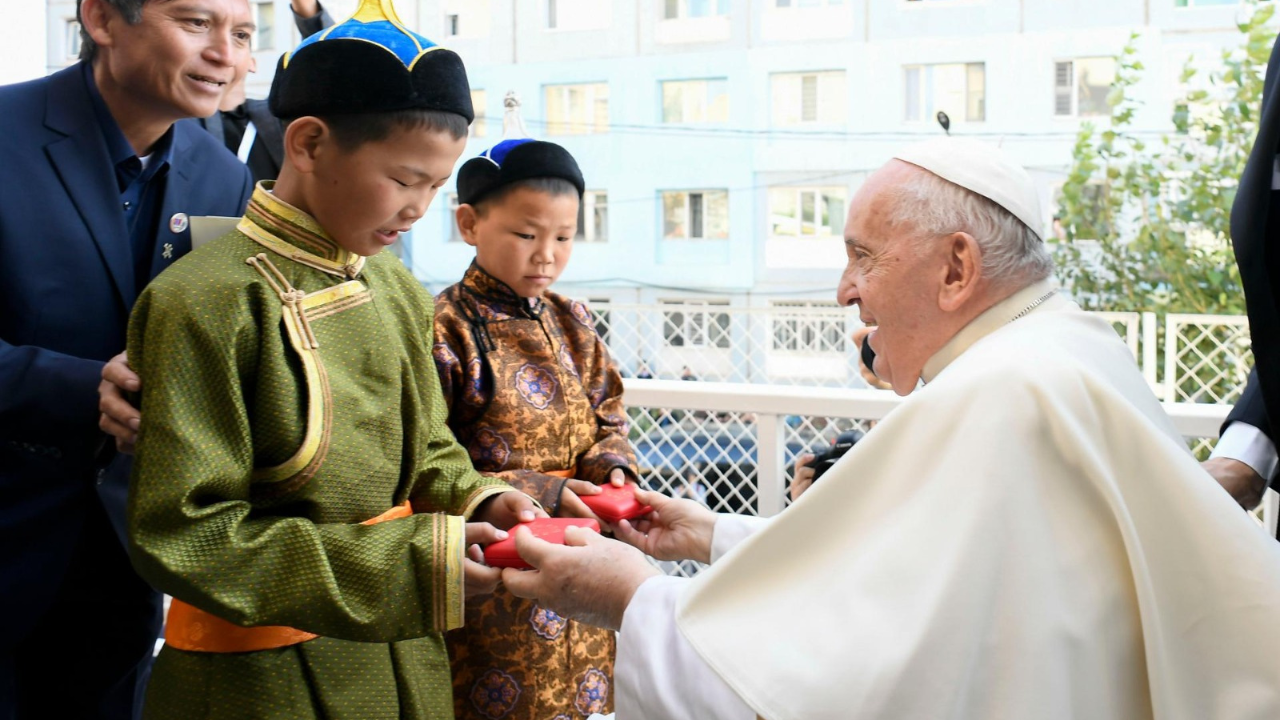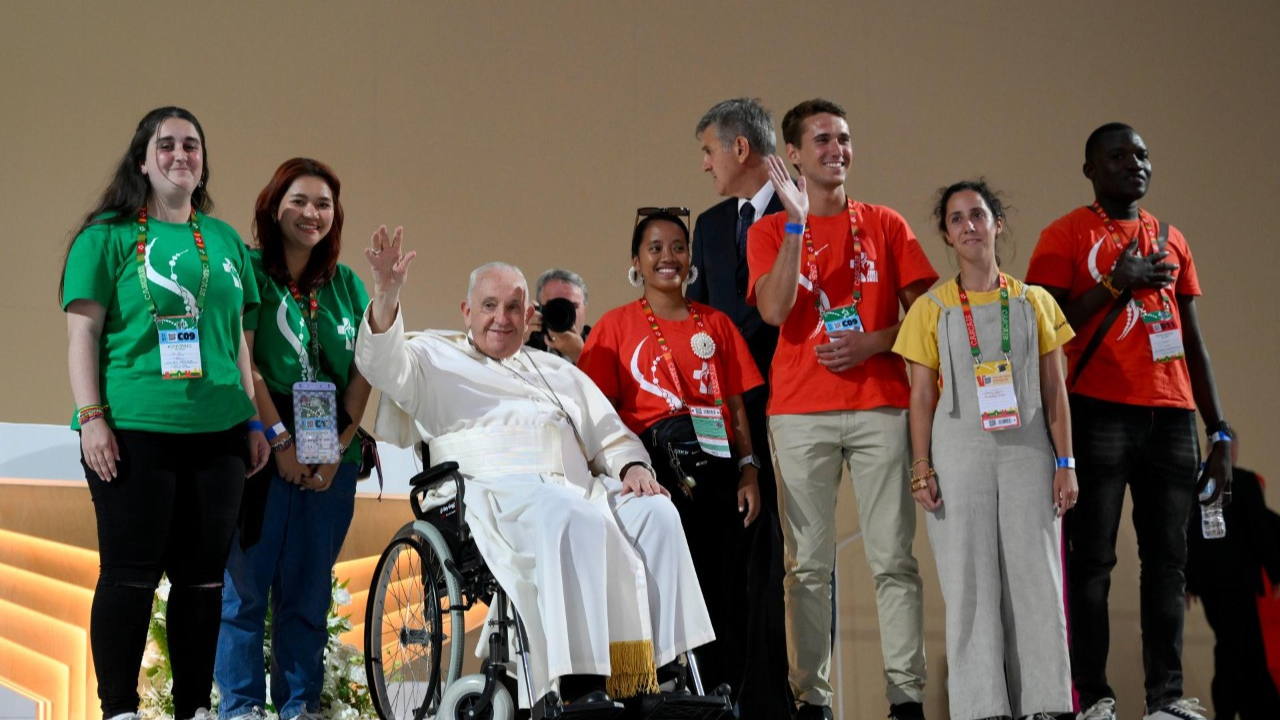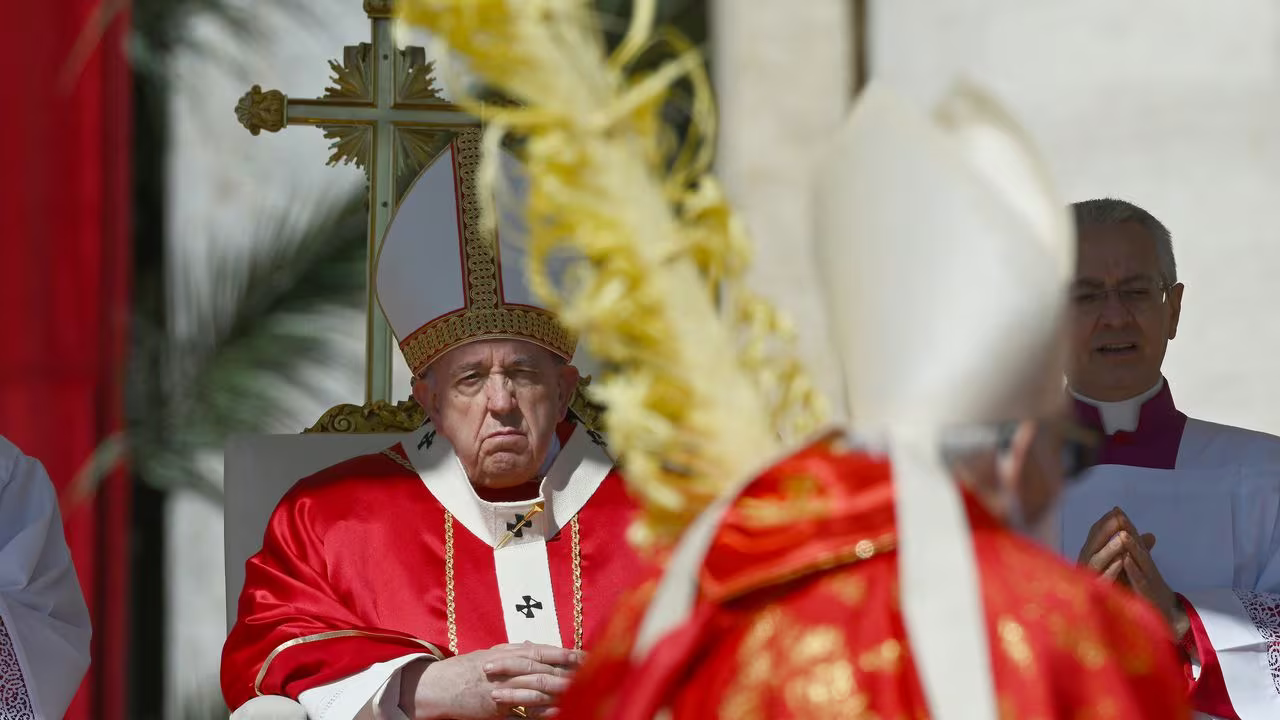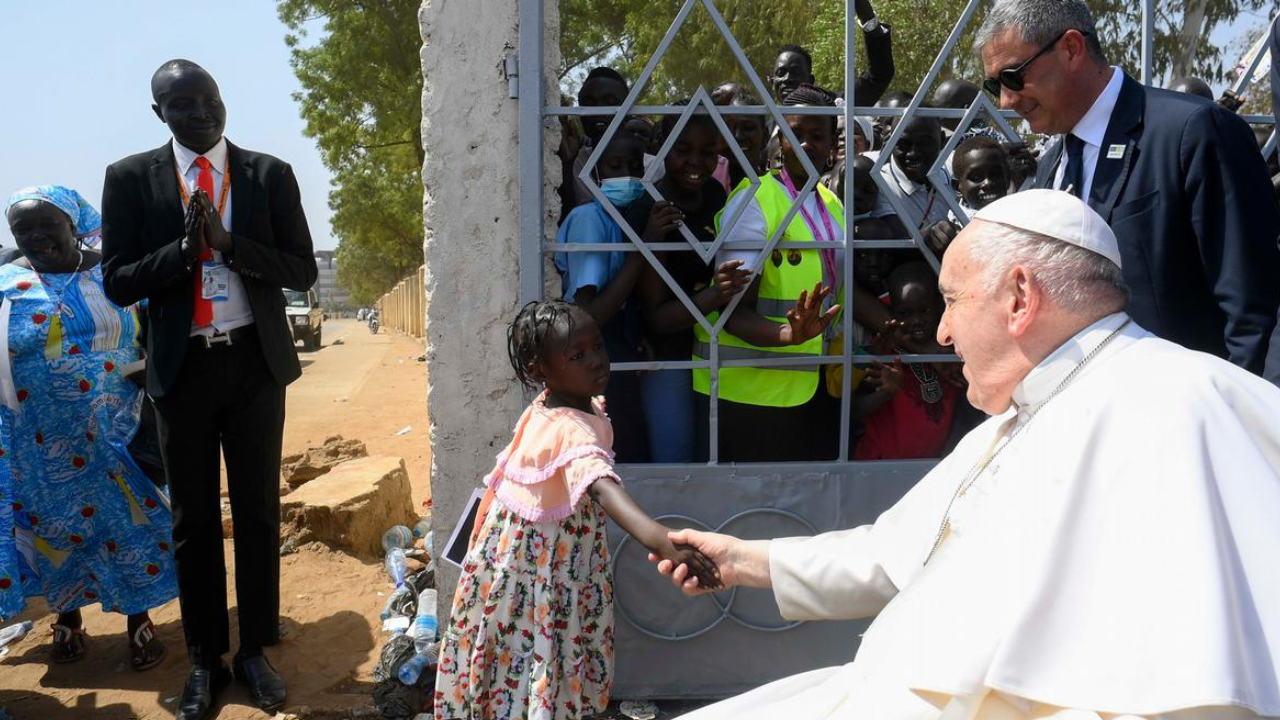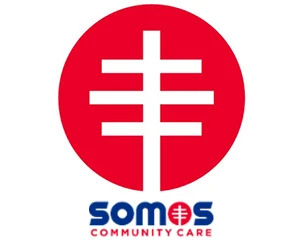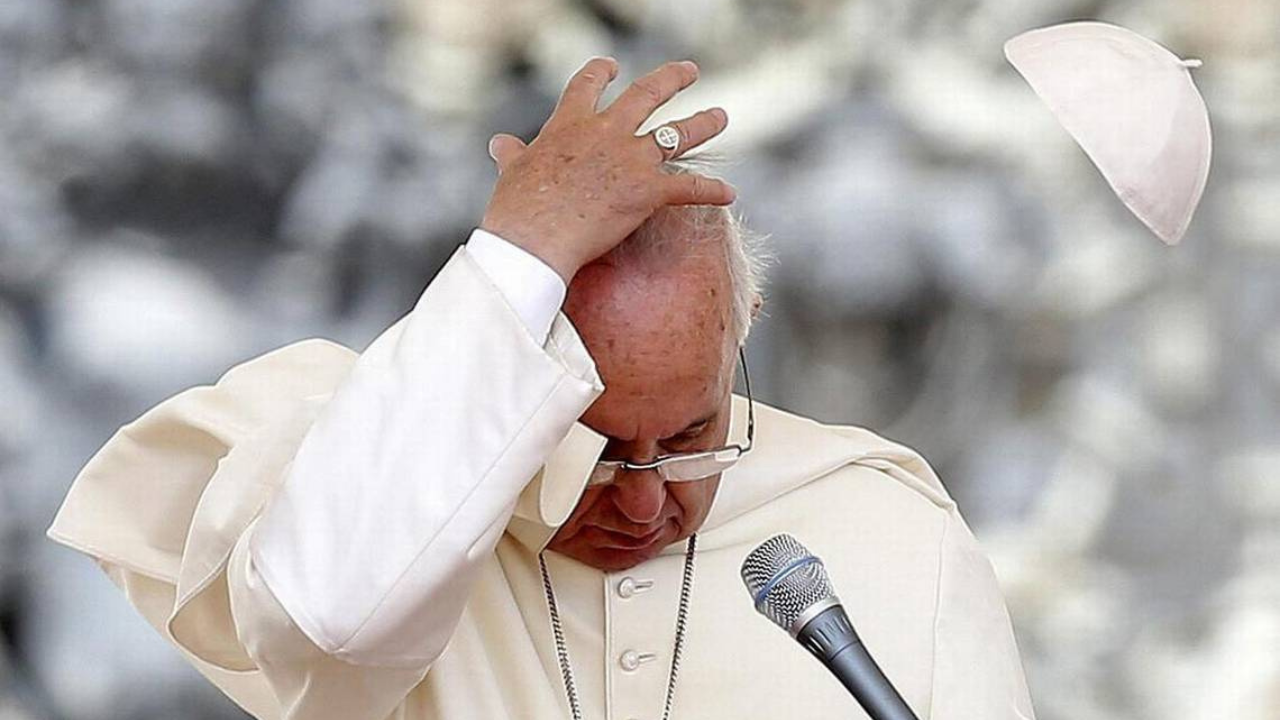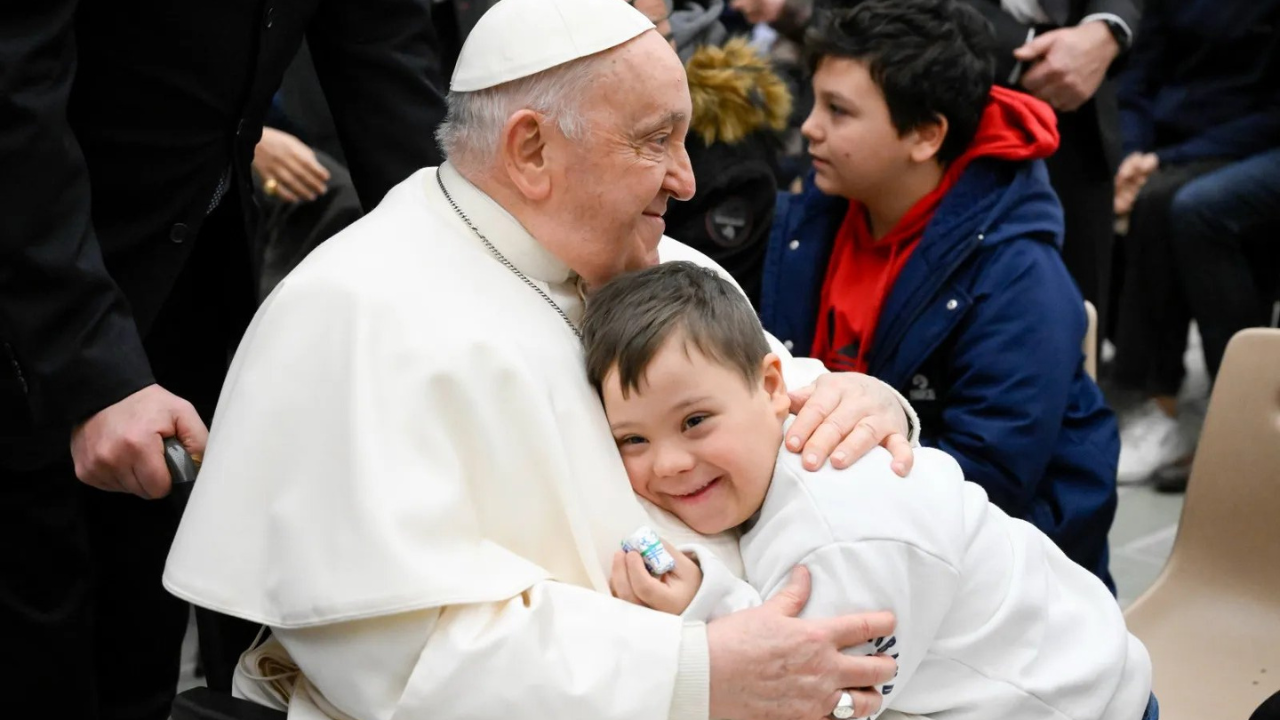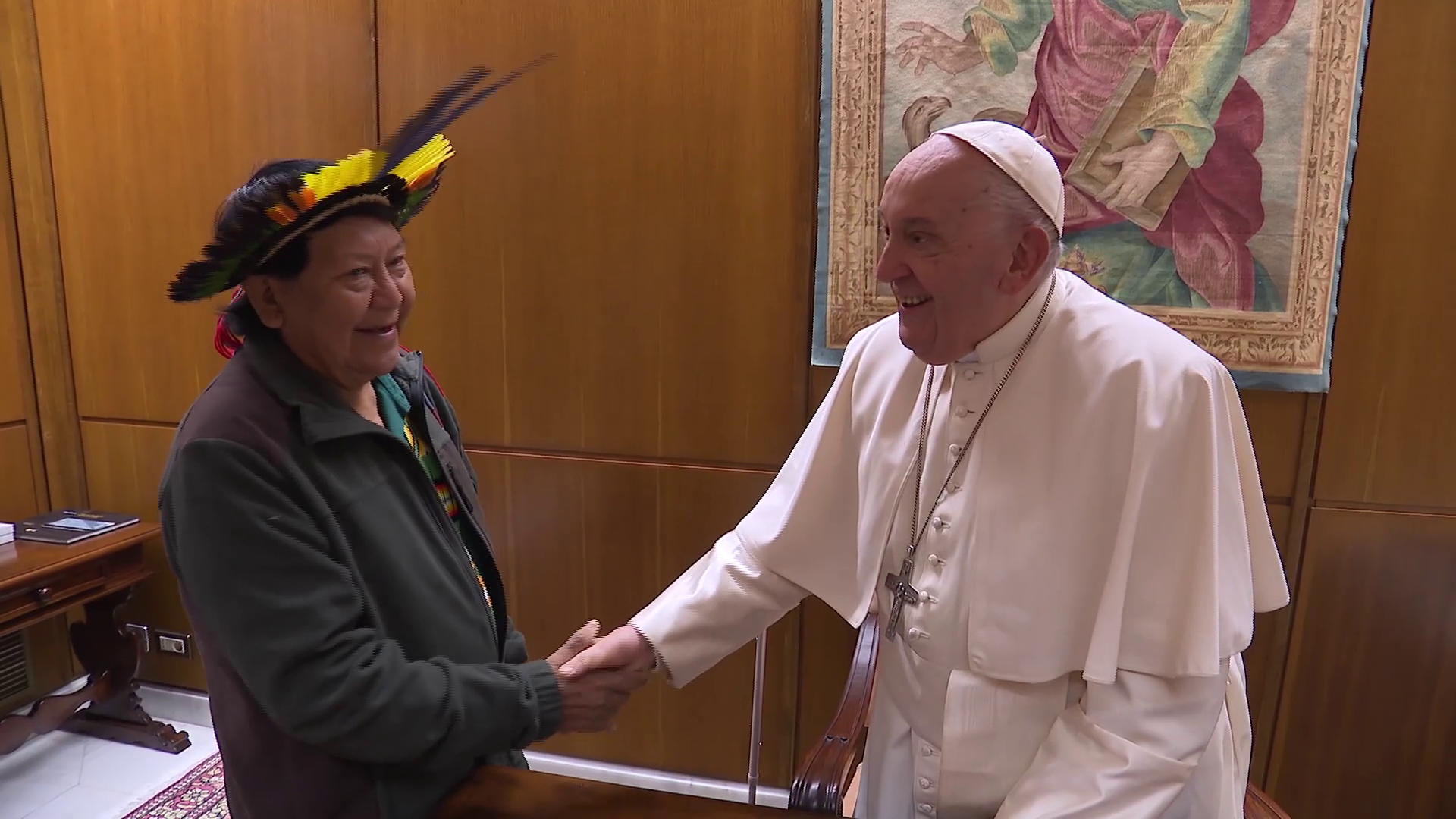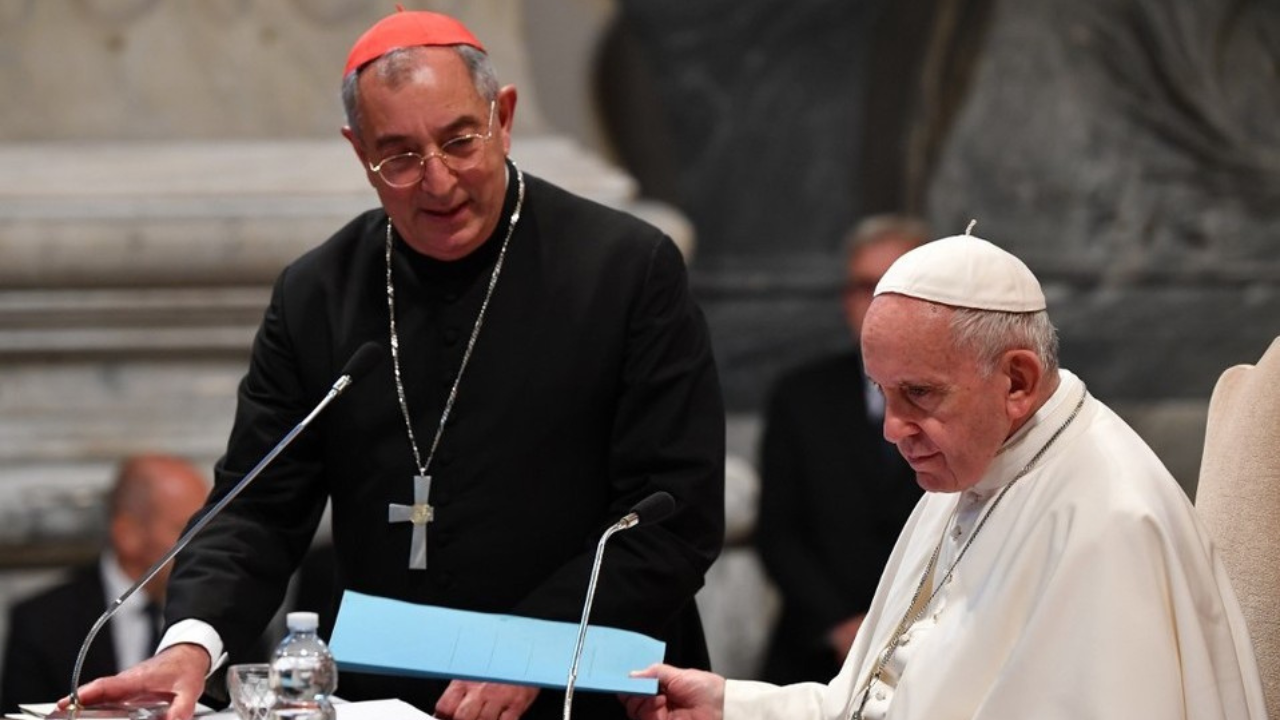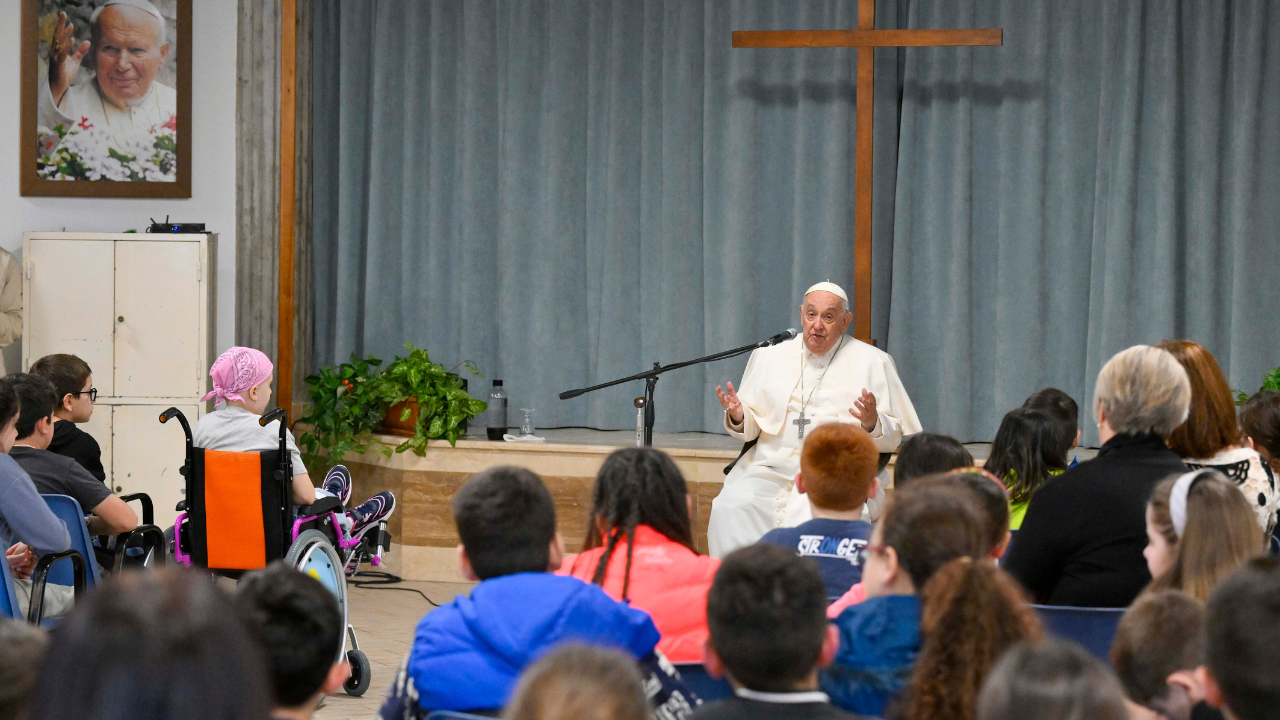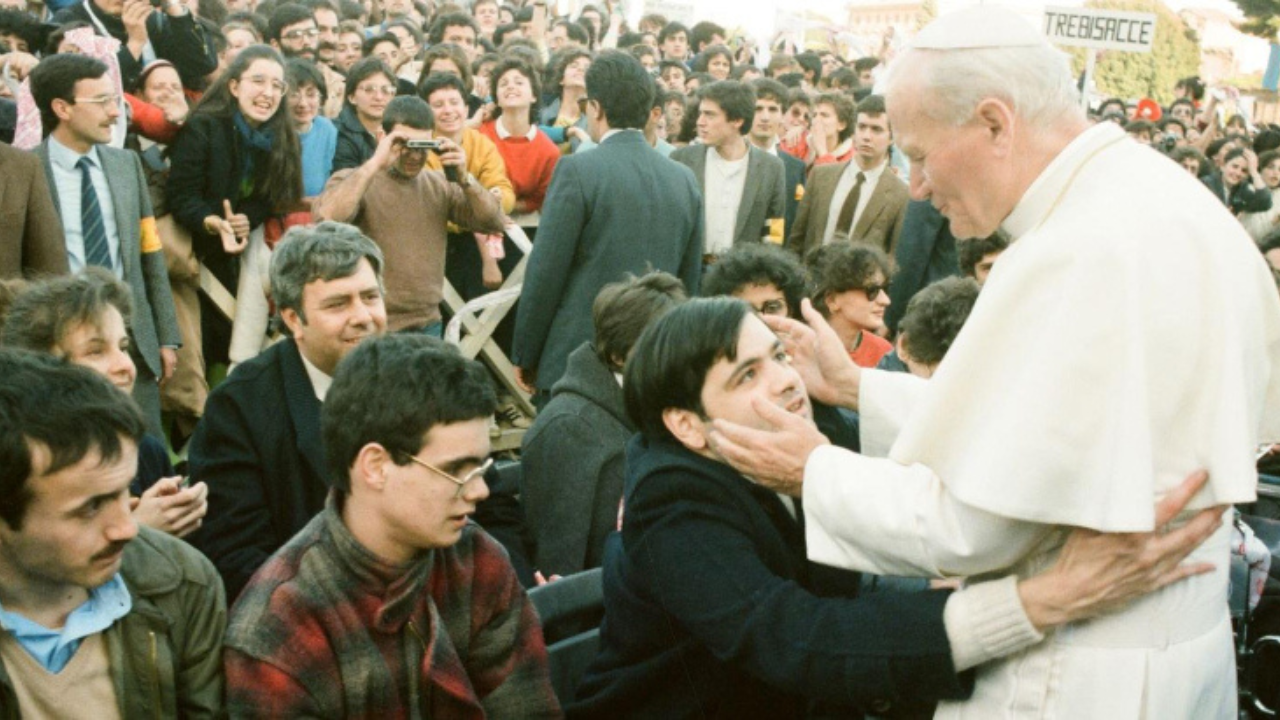COMPLETE TEXT OF THE POPE'S HOMILY AT CIUDAD JUAREZ (MEXICO)
In the second century, Saint Irenaeus wrote that the glory of God is the life of man. It is an expression which continues to echo in the heart of the Church. The glory of the Father is the life of his sons and daughters. There is no greater glory for a father than to see his children blossom, no greater satisfaction than to see his children grow up, developing and flourishing. The first reading that we have just heard points to this. The great city of
Nineveh, was self-destructing as a result of oppression and dishonor, violence and injustice.
The grand capitalâ??s days were numbered because the violence within it could not continue. Then the Lord appeared and stirred Jonahâ??s heart: the Father called and sent forth his messenger. Jonah was summoned to receive a mission. 'Goâ?, he is told, because in 'forty days Nineveh shall be overthrownâ? (Jon 3:4). Go and help them to understand that by the way they treat each other, ordering and organizing themselves, they are only creating death and destruction, suffering and oppression. Make them see this is no way to live, neither for the king nor his
subjects, nor for farm fields nor for the cattle. Go and tell them that they have become used to this degrading way of life and have lost their sensitivity to pain. Go and tell them that injustice has infected their way of seeing the world. 'Therefore, go Jonah!â?. God sent him to testify to what was happening, he sent him to wake up a people intoxicated with themselves.
In this text, we find ourselves before the mystery of divine mercy. Mercy, which always rejects wickedness, takes the human person in great earnest. Mercy always appeals to the latent and numbed goodness within each person. Far from bringing destruction, as we so often desire or want to bring about ourselves, mercy seeks to transform each situation from within. Herein lies the mystery of divine mercy. It seeks and invites us to conversion, it invites us to repentance; it invites us to see the damage being done at every level. Mercy always pierces evil in order to transform it.
The king listened to Jonah, the inhabitants of the city responded and penance was decreed. Godâ??s mercy has entered the heart, revealing and showing wherein our certainty and hope lie: there is always the possibility of change, we still have time to transform what is destroying us as a people, what is demeaning our humanity. Mercy encourages us to look to the
present, and to trust what is healthy and good beating in every heart.
Godâ??s mercy is our shield and our strength.
Jonah helped them to see, helped them to become aware. Following this, his call found men and women capable of repenting, and capable of weeping. To weep over injustice, to cry over corruption, to cry over oppression. These are tears that lead to transformation, that soften the heart; they are the tears that purify our gaze and enable us to see the cycle of sin into which very often we have sunk. They are tears that can sensitize our gaze and our attitude hardened and especially dormant in the face of anotherâ??s suffering. They are the tears that can break us, capable of opening us to conversion.
This word echoes forcefully today among us; this word is the voice crying out in the wilderness, inviting us to conversion. In this Year of Mercy, with you here, I beg for Godâ??s mercy; with
you I wish to plead for the gift of tears, the gift of conversion.
Here in Ciudad Juárez, as in other border areas, there are thousands of immigrants from Central America and other countries, not forgetting the many Mexicans who also seek to pass over 'to the other sideâ?. Each step, a journey laden with grave injustices: the enslaved, the imprisoned and extorted; so many of these brothers and sisters of ours are the consequence of a trade in human beings.
We cannot deny the humanitarian crisis which in recent years has meant migration for thousands of people, whether by train or highway or on foot, crossing hundreds of kilometres through mountains, deserts, and inhospitable zones. The human tragedy that is forced migration is a global phenomenon today. This crisis which can be measured in numbers and statistics, we want instead to measure with names, stories, families.
They are the brothers and sisters of those expelled by poverty and violence, by drug trafficking and criminal organizations. Being faced with so many legal vacuums, they get caught up in a web that ensnares and always destroys the poorest. Not only do they suffer poverty but they must also endure these forms of violence. Injustice is radicalized in the young; they are 'cannon fodderâ?, persecuted and threatened when they try to flee the spiral of violence and the hell of drugs. Then there are the many women unjustly robbed of their lives.
Let us together ask our God for the gift of conversion, the gift of tears, let us ask him to give us open hearts like the Ninevites, open to his call heard in the suffering faces of countless men and women. No more death! No more exploitation! There is still time to change, there is still a way out and a chance, time to implore the mercy of God.
Just as in Jonasâ?? time, so too today may we commit ourselves to conversion; may we be signs lighting the way and announcing salvation. I know of the work of countless civil organizations working to support the rights of migrants. I know too of the committed work of so many men and women religious, priests and lay people in accompanying migrants and in defending life. They are on the front lines, often risking their own lives. By their very lives, they are prophets of mercy; they are the beating heart and the accompanying feet of the Church that opens its arms and sustains.
This time for conversion, this time for salvation, is the time for mercy. And so, let us say together in response to the suffering on so many faces: In your compassion and mercy, Lord, have pity on us â?¦ cleanse us from our sins and create in us a pure heart, a new spirit (cf. Ps 50).
Deseo aprovechar este momento para saludar desde aquí a nuestros queridos hermanos y hermanas que nos acompanan simultaneamente al otro lado de la frontera, en especial a aquellos sue se han congregado en el estadio de la Universidad de El Paso, conocido como el Sun Bowl, bajo la guia de su Obispo, S.E. Mons. Mark Seitz.
Gracias a la ayuda de la tecnologia, podemos orar, cantar y celebrar juntos ese amor misericordioso que el Senor nos da, y el que ninguna frontera podrá impedirnos de compartir. Gracias, hermanos y hermanas de El Paso, por hacernos sentir una sola familia y una misma comunidad cristiana.
